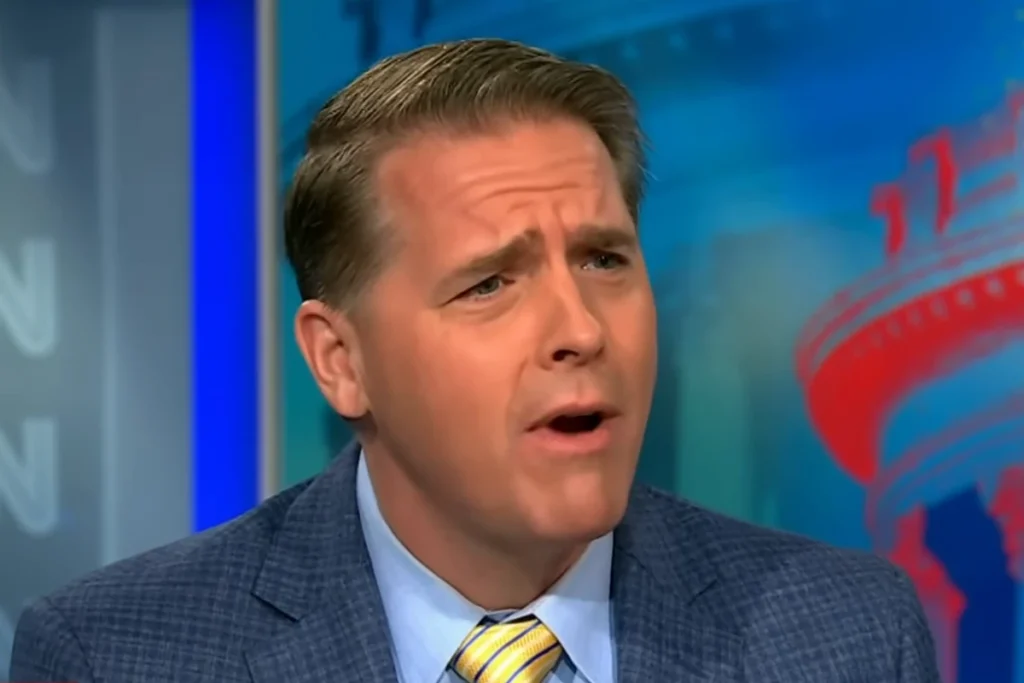Jimmy Carter, the 39th president of the United States, passed away on Sunday in his hometown of Plains, Georgia, surrounded by family. As tributes pour in, Carter’s legacy has sparked debate, with some celebrating his humanitarian work while others critique his presidency and post-presidential actions.
During a CNN panel discussion, Republican commentator Scott Jennings offered a stark assessment, labeling Carter a “terrible president” and an “even worse ex-president.” Jennings’ remarks left the panel visibly shocked as he detailed his criticisms of Carter’s time in office and his later involvement in U.S. foreign policy.
“[Carter] was a terrible president. That’s why he lost in a landslide after his one term,” Jennings declared. “And if it’s possible, I think he was even a worse ex-president because of his meddling in U.S. foreign policy, his saddling up to dictators around the world, his vehement anti-Israel views, and more than dabbling in anti-Semitism over the years.”
Jennings emphasized that Carter’s actions as a former president often posed challenges for his Democratic successors. “Obama didn’t even have him speak at his ‘08 convention,” Jennings went on to note, referencing how Carter’s reputation complicated Democratic Party messaging. “He put Bill Clinton in a terrible foreign policy box on a North Korea nuclear issue.”
The remarks grew more intense when Jennings accused Carter of undermining U.S. interests abroad. “In the run-up to the Persian Gulf War, he wrote letters to all of our allies and to Arab states asking them to abandon their cooperation and coalition with the United States of America,” Jennings said. “If it’s not treasonous, it’s borderline treasonous.”
WATCH:
Carter’s legacy as the 39th President of the United States (1977–1981) has remained a polarizing subject in American politics. As president, Carter, a U.S. Navy veteran, emphasized human rights in U.S. foreign policy, departing from Cold War realpolitik to pressure governments with poor human rights records, notably in Latin America and South Africa. Domestically, however, his administration faced significant challenges, including soaring inflation, high unemployment, and an energy crisis. These issues, compounded by the Iranian hostage crisis, severely undermined his chances for reelection, and to a landslide victory for GOP nominee Ronald Reagan in 1980.



